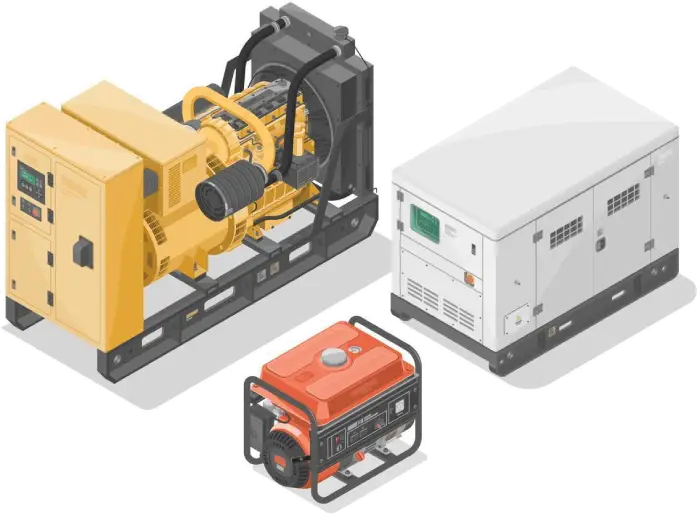6 Trends Revolutionizing After-Sales Revenue

As of July 2023, manufacturing construction spending reached $201 billion annually, up 70% year-on-year, signaling robust industry growth in 2024. In the dynamic landscape of industrial manufacturing, after-sales service emerges as a vital element for sustained success amid the complexities of Industry 4.0.
According to McKinsey & Company, manufacturing accounts for 16% of global GDP, yet persistent pain points remain ⤵
- Reactive maintenance leads to unplanned downtime & increased repair costs
- Limited visibility due to a need for real-time data for predictive maintenance & performance optimization
- Complex after-sales processes that are time-consuming & resource-intensive
- Inefficient communication leads to delays & errors in problem resolution
- Rising attrition rates, especially among younger workers, pose challenges in meeting demand for technical skills.
Several trends shape the future of after-sales
Industrial Internet of Things (IIoT)
Using connected devices & sensors to gather predictive maintenance & performance enhancement data. Acc. to a report by McKinsey, Industrial IoT could generate between $1.4 trillion to $3.3 trillion by 2030
Digital Twin Technology
Replicating real-world processes to improve services & boost revenue from after-sales activities. Boeing has been able to improve the quality of its first-time parts by 40% using the Digital Twin Tech
1. Generative AI & Predictive Analytics: AI-powered insights to predict maintenance needs, minimize downtime, and enhance equipment performance. Siemens has gone on record to say that predictive analytics have empowered them to detect machine irregularities & fix them before they aggravate them
2. Automation and Robotics: Automation & robotics simplify processes, assist human workers, and enhance efficiency in after-sales operations. For ex, Nissan’s employment of Robotic arms to counteract the increasing labor shortage has greatly benefited their production facility
3. 3D-Printing: Efficient and cost-effective are the qualities that characterize 3D Printing. This entails that the scope of personalization becomes more vast without worrying about the economics of scale
4. Sustainability: The recent trend gravitates a lot toward smart products and so are customers. It is assumed that the throwaway culture is finally coming to an end
In summary, after-sales in industrial manufacturing relies on trends like IIoT, AI, and XR. A Deloitte study found that 86% of manufacturing executives see smart factory solutions as key competitiveness drivers.
Industrility’s after-sales platform offers cutting-edge solutions for enhanced efficiency & customer satisfaction.
After-sales in industrial manufacturing relies on trends like IIoT, AI, and XR. A Deloitte study found that 86% of manufacturing executives see smart factory solutions as key competitiveness drivers.
